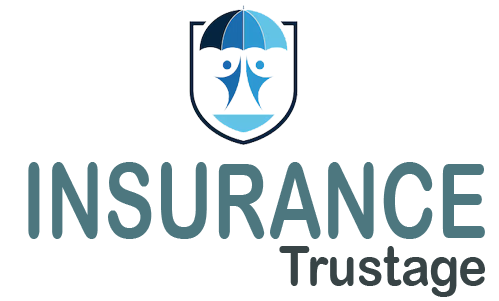Premium Shock: Understanding and Managing Unexpected Insurance Increases

Insurance premiums can sometimes increase unexpectedly, leaving policyholders feeling overwhelmed by the financial burden. Known as premium shock, this situation can make people feel trapped in a policy they once thought was affordable. However, understanding why premiums rise and how to manage these increases can help alleviate stress and put control back in your hands. This article will explore the reasons behind premium hikes and provide practical strategies to mitigate the impact.
One of the most common reasons for premium increases is a change in risk factors or a claims history. For example, if you’ve filed multiple claims in recent years, your insurer may view you as a higher risk, resulting in higher premiums. Similarly, adding a young driver to your auto policy or buying a home in an area prone to natural disasters can raise your perceived risk. Knowing how claims and life changes affect your premiums can help you anticipate future costs. Regularly reviewing your policy and asking your insurer about potential risk factors can prevent surprise premium hikes.
Inflation plays a significant role in the increase of insurance premiums. As the cost of medical care, auto repairs, and home construction rises, insurers adjust premiums to cover these increasing expenses. For instance, if it costs more to repair a vehicle after an accident or rebuild a home damaged by a storm, the insurance company passes some of those costs onto the policyholder. Understanding that premiums don’t just reflect your individual circumstances but also broader economic trends can help you make sense of the increases. Preparing for inflationary pressures by setting aside extra savings can soften the financial impact when premiums rise.
Individual behaviors can also lead to premium increases. If you’ve had traffic violations, such as speeding tickets or accidents, your auto insurance premium will likely rise as insurers see you as a higher risk. Similarly, if your credit score drops, many insurers may consider you a greater liability, resulting in higher premiums. Improving your credit score, avoiding violations, and maintaining a clean driving record are proactive ways to control costs. By understanding how personal behavior influences your premium, you can take steps to maintain favorable rates.
Sometimes, premium increases are driven by external factors beyond your control, such as market trends and regulatory changes. For instance, if a state introduces stricter regulations for insurers or if there’s an increase in fraud within a specific industry, insurers may raise premiums to compensate for the added costs. Natural disasters and global events, such as pandemics, also tend to impact premiums. For example, hurricane-prone regions often see higher home insurance costs. Staying informed about industry trends and market conditions can give you a better understanding of why your premiums might increase even if your personal circumstances remain unchanged.
One of the most effective ways to manage premium shock is through comparison shopping. Insurers differ in how they calculate risk, so getting quotes from multiple providers can reveal more affordable options. Some companies offer discounts for bundling home, auto, and other types of insurance, potentially reducing the overall premium cost. For example, if you combine your home and car insurance under one provider, you might receive a discount of up to 20%. Always review your insurance options before renewing your policy to ensure you’re getting the best deal. Bundling can offer a significant reduction in overall premiums without sacrificing coverage quality.
Adjusting your coverage levels or increasing your deductible is another way to lower premiums. For instance, if you can afford a higher deductible in the event of a claim, your monthly premiums will decrease. Similarly, ensuring you only carry the coverage you truly need can keep premiums in check. If you drive an older vehicle, you might choose to drop comprehensive coverage to save on your auto insurance. Additionally, reducing risk factors—such as installing a security system in your home or taking a defensive driving course—can qualify you for discounts that lower your premiums. Regularly reassessing your coverage needs ensures that your insurance policy evolves with your life circumstances and budget.
Premium shock is a common experience for many policyholders, but understanding the factors that contribute to rising premiums can help you manage these increases effectively. Whether it’s through comparison shopping, adjusting coverage, or reducing risk factors, you can take proactive steps to keep your premiums affordable while maintaining the protection you need. By staying informed and in control, you can mitigate the financial strain of unexpected premium hikes and ensure your insurance remains a valuable asset.

